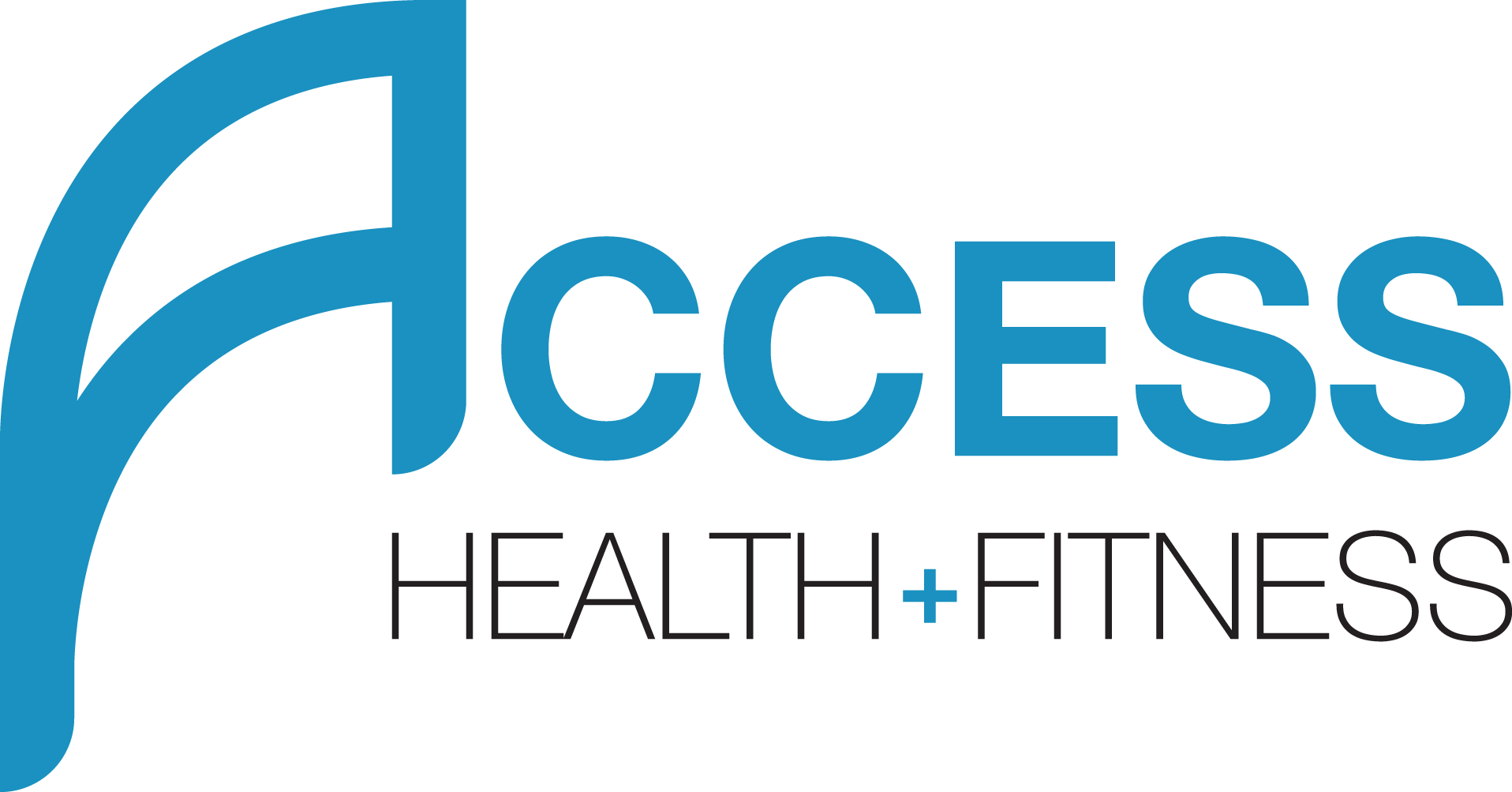Get more sleep to improve every aspect of your life!
I would quite happily bet my very last euro that you're not getting enough sleep!
I would also happily bet my last euro that your response would be something along the lines of,
“Well, I get about six hours a night and I don’t really feel tired so, yeah, I think I do”
The problem is that when we become adapted to living in a sleep deprived state (Let’s say for arguments sake, anything less than 7.5- 8 hours a night) we become accustomed to that feeling and so it’s quite likely that we might not feel particularly tired however there could be some serious, life altering consequences to being sleep deprived for any length of time.
In today’s modern world with all our fancy, mobile gadgets that allow us to watch, stream, download and chat with the world anywhere we please, we find ourselves giving more and more time up in the pursuit of escapism. This has a habit of eating into our sleep time, especially if we’re bringing these devices into the bedroom with us; how easy is it shave forty minutes off of your allotted sleep time by mindlessly scrolling through Facebook in bed? Very!
Although escaping from our worries and stresses via these various mediums can have a positive effect on one’s mental and physical state, when it starts to eat into our precious sleep time we can run into some pretty big problems.
When you think about it, sleep is actually the most effective form of escapism there is; for one thing it’s completely free and getting more of it comes with a list of benefits as long as my arm... not to mention making you less susceptible to pretty much every disorder under the sun.
Don’t believe me?
Fire up Google, type in your biggest fear, be it heart disease, cancer or pretty much any other life changing ailment you can think of and then type the words ‘sleep deprivation’ next to it. I would bet (and this time I’m raising the stakes) an entire month’s wages that you’ll find a correlation between the two or increased likelihood of the former as a result of the latter almost immediately.
So what can we do?
Never look at Facebook again?
Never watch another of your favourite Netflix series?
Not quite, we don’t need to go crazy here and swear to a life of brain stimulation celibacy, but there are a few things you can do improve the duration and quality of your sleep, zzz.
Sleep hack #1: Remove all light from your room, black out the window, make it scary dark...make it, ‘can’t see my hand in front of my face’ dark. Believe it or not having any amount of light in your bedroom while you try to sleep can disrupt your sleep, even if you can’t tell it’s there through your eyelids. During sleep your brain is processing an unfathomable amount of information... everything that went in during the day has to be sorted, learned, memorised and stored for later use. Your body also has to recover from the stresses and strains of everyday life too, especially if you’re participating in physical training on top of that.
Sleep hack #2: Make sure there’s no chance you’ll see the time if you wake in the middle of the night.
The very last thing you need when you’re trying to maximise time asleep is to catch a glimpse of the clock if you wake. We’ve all been there, you see the time and you’re instantly doing the maths in your head, trying to work out how many hours you have left. Then, all of a sudden, you can’t get back to sleep. It’s too much stimulation for the brain; cover your alarm clock, face it to the wall or put it in a drawer so it never happens again.
Sleep hack #3: Stop using electronic devices at least an hour before you plan to be asleep.
Blue light or blue wavelengths emitted by laptops, tablets, phones and even energy saver light bulbs cause the most amount of disruption to our circadian rhythms (natural sleep cycle). These light waves that are also emitted by the sun and help us to stay alert, focussed and energised during the day but when we are trying to sleep their effect becomes a negative one. As we start to wind down into sleep a hormone called melatonin is released, melatonin plays a role in regulating our natural circadian rhythm, however light (particularly blue light) suppresses melatonin, keeping the brain in stimulated state.
What to do? If you’re hell bent on using devices in bed there are numerous free apps you can download that remove the blue light wavelengths from your device screen- try Twilight.
Expose yourself to lots of natural light throughout the day which will boost your ability to sleep at night.
As the sun goes down dim the lights in your house and even consider using dim red lights to read by in bed.
Sleep hack #4: Fiction only for bedtime reading!
Trying to retain information right before you try to sleep is a bad idea (the reason should be obvious by now), it’s far too stimulating and will likely keep you awake longer. Stick to non-fiction wherever possible.
Implement those changes to your sleep habits and watch your productivity, focus, mood, sex drive and general health improve ten-fold.
'till next time, sleep well,
Ollie
